Saving lives with a drinkable book
Silver nanotech could be the answer to unsanitary drinking water

Silver nanotech could be the answer to unsanitary drinking water
A research scientist at Carnegie Mellon has come up with an ingenious, cost-effective way to inform people about the dangers of unsanitary water sources, while providing clean drinking water at the same time.
663 million people don’t have access to uncontaminated water worldwide, and 3.5 million die each year from waterborne diseases – but an equally great issue is that some of these people are unaware that what they are drinking isn’t safe.
A team led by engineer Teri Dankovich have come up with a solution called the Drinkable Book, an object that educates readers about the importance of clean water, with pages that act as filters to remove 99% of bacteria from water that is poured through it.
The book makes use of filter paper developed by Dankovich during her PhD, which were trialled in Haiti, Ghana and Kenya, and found to be 99.9% effective even in ditches contaminated by sewage.
The paper is impregnated with silver nanoparticles and use safe food grade inks, capable of producing water of the same quality as US tap water. As the silver is not washed out with use each filter can last up to a month, with a single book able to provide clean water for four years.
At just a few pence each these filters are currently the cheapest water purification method on the market, with the potential to save countless lives. However, at present, the filters and books are currently made by hand in a local church kitchen, and an Indiegogo campaign is currently running in order to fund a scale up in production and distribution and translation costs.
With diminishing resources technology is helping increase awareness and provide a better future for all. Big initiatives like Google's Project Sunroof are making renewable energy easier, and Island Chen's Blue Island project is educating us about environmental issues with glowing algae.
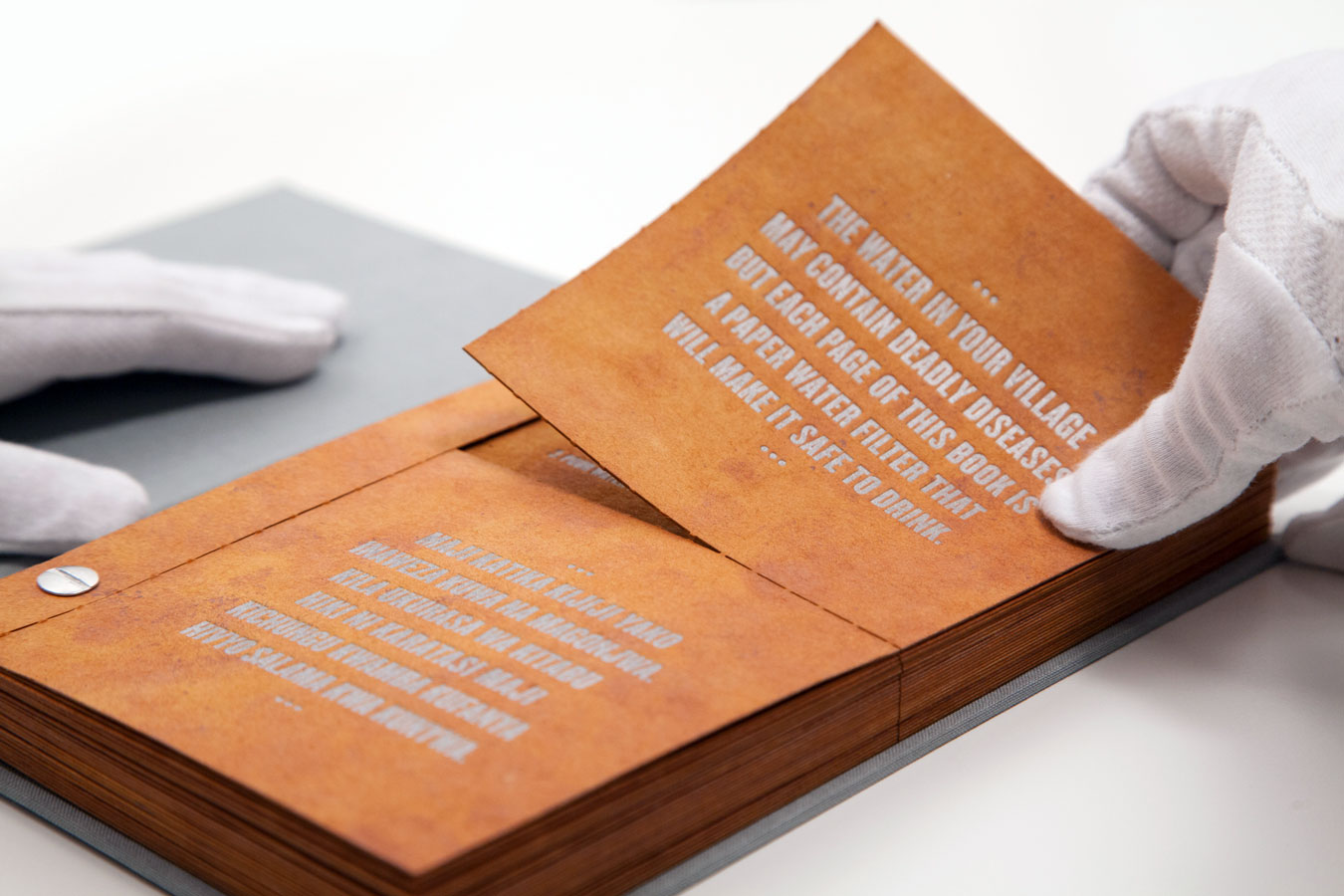
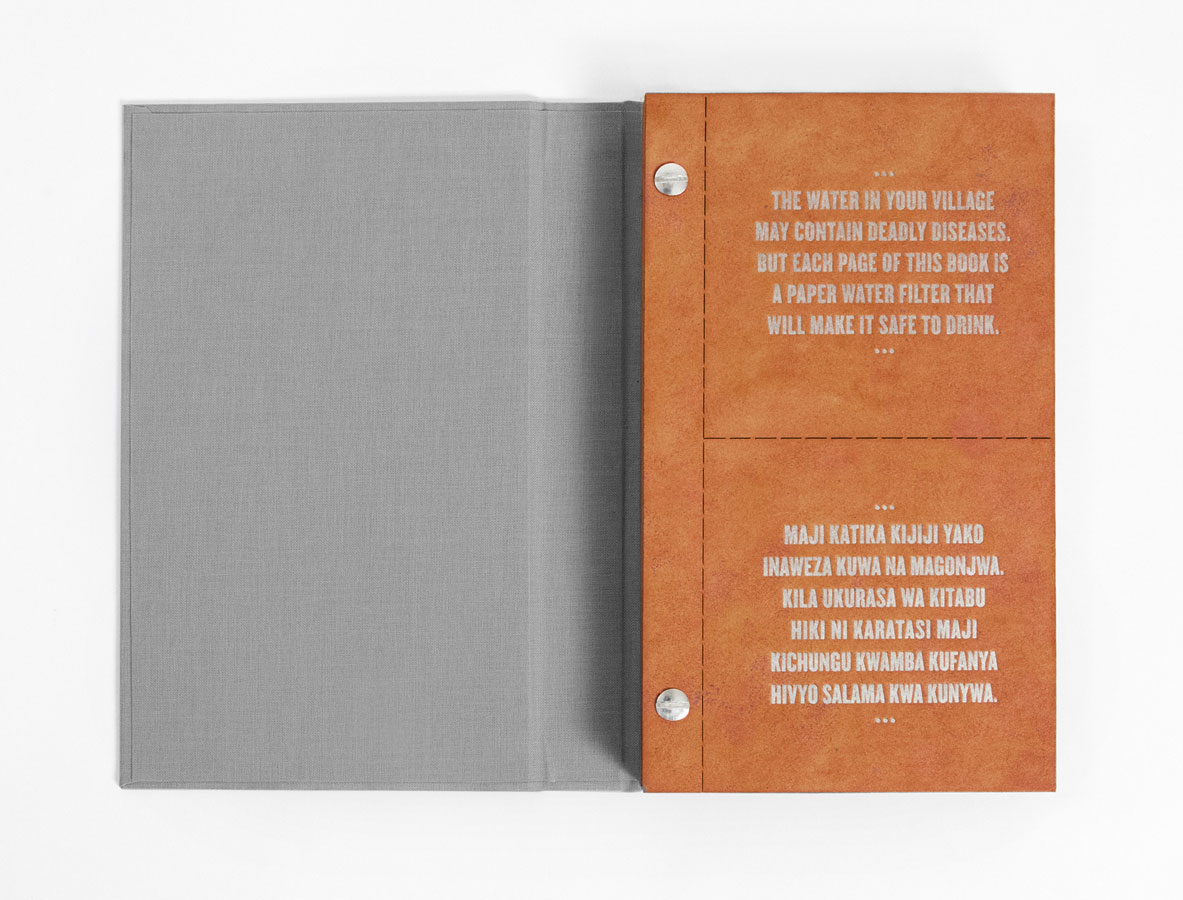
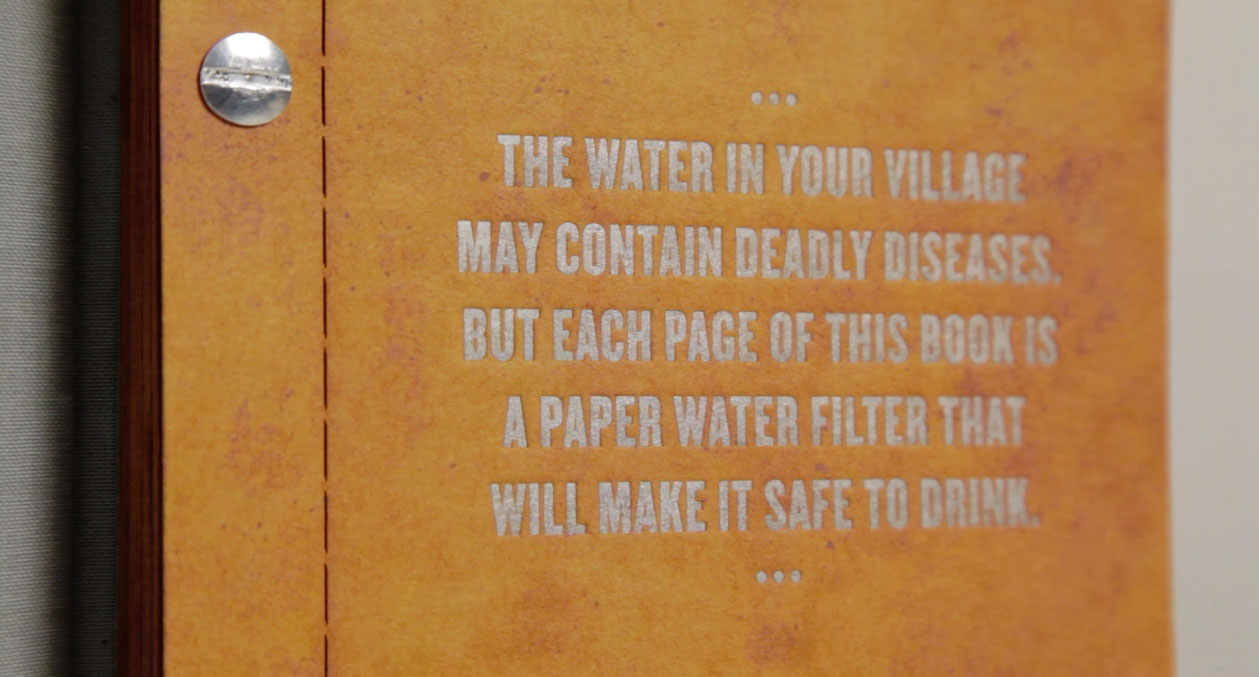
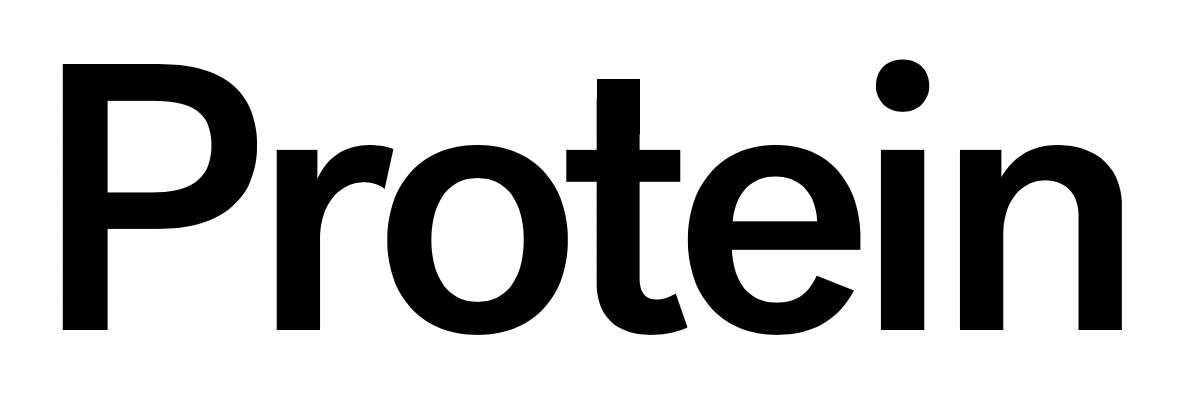

Discussion